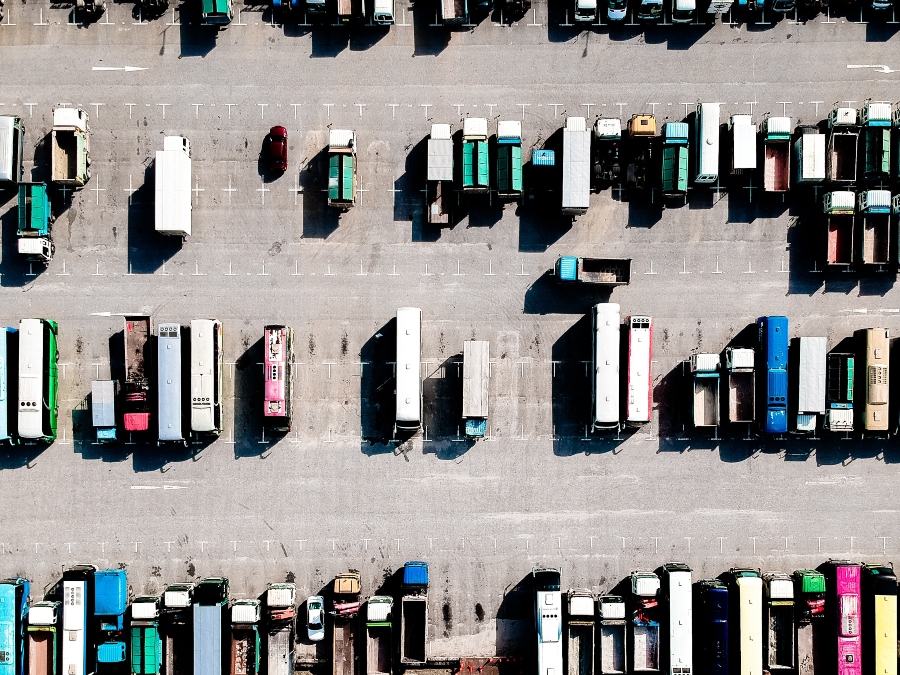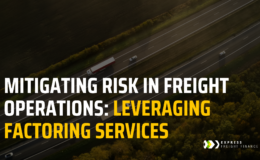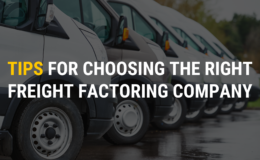“Future-proofing” is a term normally reserved for the IT industry—creating networks and using technology that can hold up in a very innovative market.
As the trucking industry becomes more reliant on and integrated with technology, future-proofing everything from specialized logistics at the command center to communications between shippers and carriers, as well as the vehicles moving shipments throughout the country, is becoming a major focus.
Specialized Logistics
Specialized logistics are nothing new to the trucking industry. The oil and gas industry, as well as the agricultural sector, have both used specialized vehicles and handling methods for the products they transport.
As the economy diversifies, the need for specialized logistics may become more necessary to segment supply chains currently being used for general shipments. Big logistics firms have already started looking into this concept to figure out a way to implement more specialized logistics without disrupting the trucking industry.
Future-Proofing Trucking Fleets
The simplest way to future-proof trucking fleets is to purchase or lease durable and rugged vehicles. However, future-proofing goes beyond trucks with long life cycles. Future-proofing also means installing equipment that truckers can use to relay diagnostics, miles, hours, and more to carriers and shippers so everyone can better keep track of what’s happening with shipments.
ELDs are already performing a number of those duties automatically. Innovations, such as blockchain technology, allow carriers and logistics companies to keep track of individual items within a shipment to reduce costs on recalls and more accurately report on conditions while the drive is en route.
Obstacles for Future-Proofing
Future-proofing the trucking industry is not a smooth road. Legislation, in an attempt to guide best practices and catch up with technology, has a way of hampering attempts to future-proof the trucking industry.
ELDs seemed like a sound solution a couple of years ago, but how long will it take for the rule to change when better technology becomes available? Additionally, there are obstacles to recruiting and retaining drivers who have the necessary skills to understand how to use all of the technology integrated into their jobs.
Moving forward, drivers are going to need to be adaptable and open to re-skilling as more technology enters the trucking industry. Future-proofing the trucking industry isn’t necessarily about implementing the latest technology; it’s about having people with the know-how and willingness to use it.







